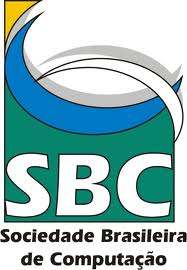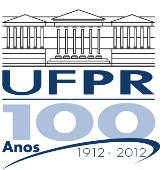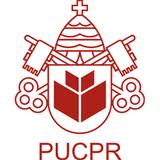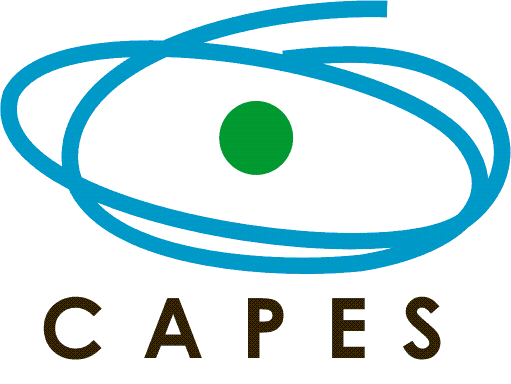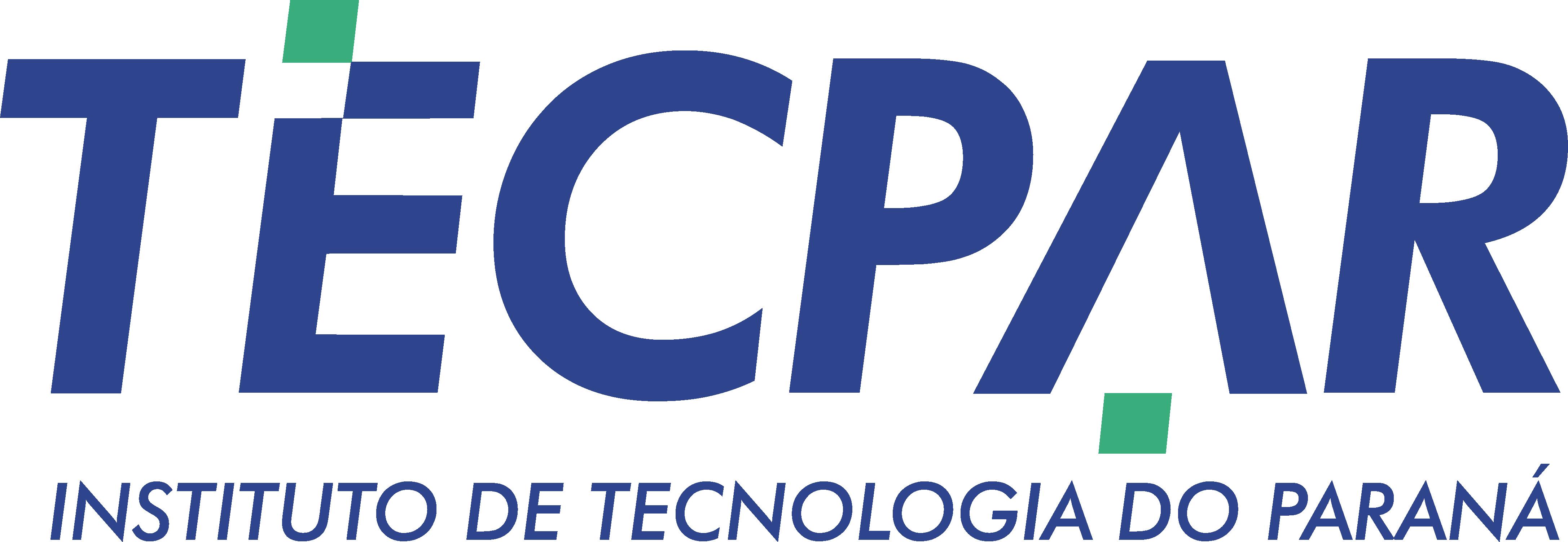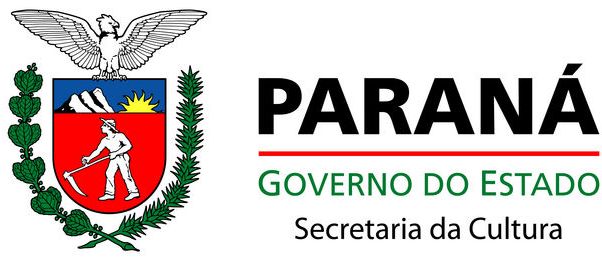Tutorials
Chairs: Alneu de Andrade Lopes - alneu@icmc.usp.brRoseli Aparecida Romero - romero.roseliaparecida@gmail.com
Atention: All tutorials are free for registered participants.
Kenneth A. De Jong - Sun 21/10 14:00
Title: Evolutionary
Computation: A Unified ApproachAbstract:
The field of Evolutionary Computation has
experienced tremendous growth over the past 15 years,
resulting in a wide variety of evolutionary algorithms and
applications. The result poses an interesting dilemma
for many practitioners in the sense that, with such a wide
variety of algorithms and approaches, it is often hard
to se the relationships between them, assess strengths
and weaknesses, and make good choices for new application
areas.
This tutorial is intended to give an overview of a general EC framework that can help compare and contrast approaches, encourages crossbreeding, and facilitates intelligent design choices. The use of this framework is then illustrated by showing how traditional EAs can be compared and contrasted with it, and how new EAs can be effectively designed using it.
Finally, the framework is used to identify some important open issues that need further research.
This tutorial is intended to give an overview of a general EC framework that can help compare and contrast approaches, encourages crossbreeding, and facilitates intelligent design choices. The use of this framework is then illustrated by showing how traditional EAs can be compared and contrasted with it, and how new EAs can be effectively designed using it.
Finally, the framework is used to identify some important open issues that need further research.
Thomas G. Dietterich - Sun 21/10 16:30
Title: Machine
Learning in Ecological Science and Environmental PolicyAbstract:
There are many exciting opportunities for
machine learning research in ecological science and
environmental policy. This tutorial will present examples of
existing and emerging applications of machine learning and
challenges for machine learning research. The tutorial
is organized around a "pipeline" from data collection
through the development of machine learning models to the
optimization of management policies. The tutorial is
divided into three main sections.
Section 1: Data acquisition. We describe the many kinds of sensors (including human observers) that are employed in ecological research and describe three case studies of the application of machine learning: optimal sensor placement, computer vision for species monitoring, and machine learning for analysis of Doppler weather radar.
Section 2: Machine Learning of Ecological Models. We first describe static models of species distribution with three case studies: Species Distribution Models (SDMs) from presence-only data, SDMs eBird (bird watcher) data, and SDMs that also model detection and observer expertise. Second, we describe dynamical models including Collective Graphical Models for species migration and Meta-Population Models.
Section 3: Policy Optimization. This section describes four case studies and associated machine learning research problems: linking populations of Red Cockaded Woodpeckers (an endangered species), robust optimal solution of Markov Decision Processes (MDPs) for fisheries management, solution of spatio-temporal MDPs for wildfire management, and application of Partially-Observable Markov Decision Processes for managing difficult-to-observe invasive species.
Section 1: Data acquisition. We describe the many kinds of sensors (including human observers) that are employed in ecological research and describe three case studies of the application of machine learning: optimal sensor placement, computer vision for species monitoring, and machine learning for analysis of Doppler weather radar.
Section 2: Machine Learning of Ecological Models. We first describe static models of species distribution with three case studies: Species Distribution Models (SDMs) from presence-only data, SDMs eBird (bird watcher) data, and SDMs that also model detection and observer expertise. Second, we describe dynamical models including Collective Graphical Models for species migration and Meta-Population Models.
Section 3: Policy Optimization. This section describes four case studies and associated machine learning research problems: linking populations of Red Cockaded Woodpeckers (an endangered species), robust optimal solution of Markov Decision Processes (MDPs) for fisheries management, solution of spatio-temporal MDPs for wildfire management, and application of Partially-Observable Markov Decision Processes for managing difficult-to-observe invasive species.
Anthony Hunter - Sun 21/10
14:00
Title: Introduction
to Computational Models of ArgumentAbstract:
Computational Models of Argument are being
developed with the aim of reflecting how human argumentation
uses conflicting information to construct and analyse
arguments. Argumentation involves identifying arguments and
counterarguments relevant to an issue (e.g. What are the
pros and cons for the safety of mobile phones for
children?). Argumentation may also involve weighing,
comparing, or evaluating arguments (e.g. What sense can we
make of the arguments concerning mobile phones for
children?) and it may involve drawing conclusions (e.g. A
parent answering the question "Are mobile phones safe for my
children?"). In addition, argumentation may involve
convincing an audience (e.g. A politician making the case
that mobile phones should be banned for children because the
risk of radiation damage is too great). In this tutorial, we
will consider both graph-based and logic-based
formalizations of argumentation, introducing some of the
basic concepts, and reviewing a range of proposals and
results.
Silvia Botelho, Paulo Dews, Luan Silveira, Diones
Fischer, Felipe Almeida, Matheus Longaray - Sun 21/10 8:30
Title: Vamos
Construir nossos próprios Robôs?ROS - Robot Operating System
Um SDK para Robótica e Ambientes Inteligentes
Abstract:
Este tutorial visa introduzir o Sistema
Operacional ROS (Robot Operating System), abordando seus
principais conceitos, funcionalidades e potencialidades.
Originalmente desenvolvido pelo Laboratório de
Inteligência Artificial da Universidade de Stanford,
atualmente, o ROS é uma plataforma livre,
disponibilizada sob licença BSD, para o
desenvolvimento de redes inteligentes de sensores e
atuadores, indo desde ambientes de realidade aumentada,
até aplicativos em computação
ubíqua e redes de sensores. Com ampla
utilização no meio acadêmico e comercial
o ROS está sendo considerado como a principal
ferramenta para o desenvolvimento de
aplicações robóticas, fornecendo
bibliotecas e aplicativos de auxílio ao
desenvolvimento de sistemas robóticos autônomos
e customizados. Neste curso pretende-se abordar os
principais conceitos relativos a abstração de
hardware, drivers de dispositivos, bibliotecas,
visualizadores, troca de mensagem, gerenciamento de pacotes;
em aplicações associadas à
robótica inteligente e smart environments. O ROS
é disponibilizado para os sistemas operacionais
Unix-like, como MacOS e Linux. Recentemente, o ROS
também foi disponibilizado para o sistema operacional
android, desenvolvido pela Google, e padrão em
tablets e smartphones. Com isso, o ROS amplia seu potencial
de uso, permitindo novas funcionalidades e
aplicações.
Renato Assunção - Sun 21/10 8:30
Title: Bayesian
Nonparametrics and its applications.Abstract:
Many problems in biology, computational
vision, and natural language processing are adopting
procedures based on a novel class of models for Bayesian
statistics and machine learning, the Dirichlet process (DP).
For instance, Latent Dirichlet Allocation is a popular
approach in entity extraction on webpages and topic analysis
for news articles and comments. The main appeal of DP
based-methods is that they can scale their complexity with
data, while representing uncertainty in both the parameters
and the structure. However, the DP mathematical foundations
are challenging and this is seen as a difficulty to their
more widespread use. The set of all possible solutions for a
given learning problem is the parameter space and
in DP models we have an infinite dimensional parameter space. For instance, in nonlinear regression, the parameter space could be the set of all smooth functions; in a density estimation problem, it could be the set of all probability densities. DP assumes a prior distribution specified on this infinite dimensional space and this constitutes a Bayesian nonparametric model. This tutorial will present the main aspects of DP and some illustrative applications in bioinformatics and information retrieval. We will introduce its definition, representations, inference algorithms, as well as some generalizations such as Polya trees.
in DP models we have an infinite dimensional parameter space. For instance, in nonlinear regression, the parameter space could be the set of all smooth functions; in a density estimation problem, it could be the set of all probability densities. DP assumes a prior distribution specified on this infinite dimensional space and this constitutes a Bayesian nonparametric model. This tutorial will present the main aspects of DP and some illustrative applications in bioinformatics and information retrieval. We will introduce its definition, representations, inference algorithms, as well as some generalizations such as Polya trees.
Scott Sanner - Sun 21/10
16:30
Title: Recent
Advances in Continuous Planning.Abstract:
This tutorial will outline the importance of
continuous variables and actions in deterministic and
stochastic planning and how one can cope with the complexity
of planning for such problems in practice. The first part of
the tutorial will focus on modeling real-world phenomena
both abstractly (deterministic transition models, MDPs,
POMDPs) and in terms of formal planning languages (PDDL,
PPDDL, and RDDL).
The second part of the tutorial will focus on solution methods, ranging from search in deterministic settings, through to approximation methods such as discretization and sampling.From this point, the tutorial will shift to an in-depth focus on very recent work that allows the exact solution of an expressive range of continuous planning problems via a technique referred to as Symbolic Dynamic Programming. The tutorial will conclude by briefly connecting continuous planning to related fields such as Control Theory and Scheduling.
The second part of the tutorial will focus on solution methods, ranging from search in deterministic settings, through to approximation methods such as discretization and sampling.From this point, the tutorial will shift to an in-depth focus on very recent work that allows the exact solution of an expressive range of continuous planning problems via a technique referred to as Symbolic Dynamic Programming. The tutorial will conclude by briefly connecting continuous planning to related fields such as Control Theory and Scheduling.

